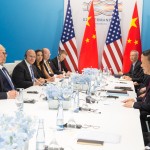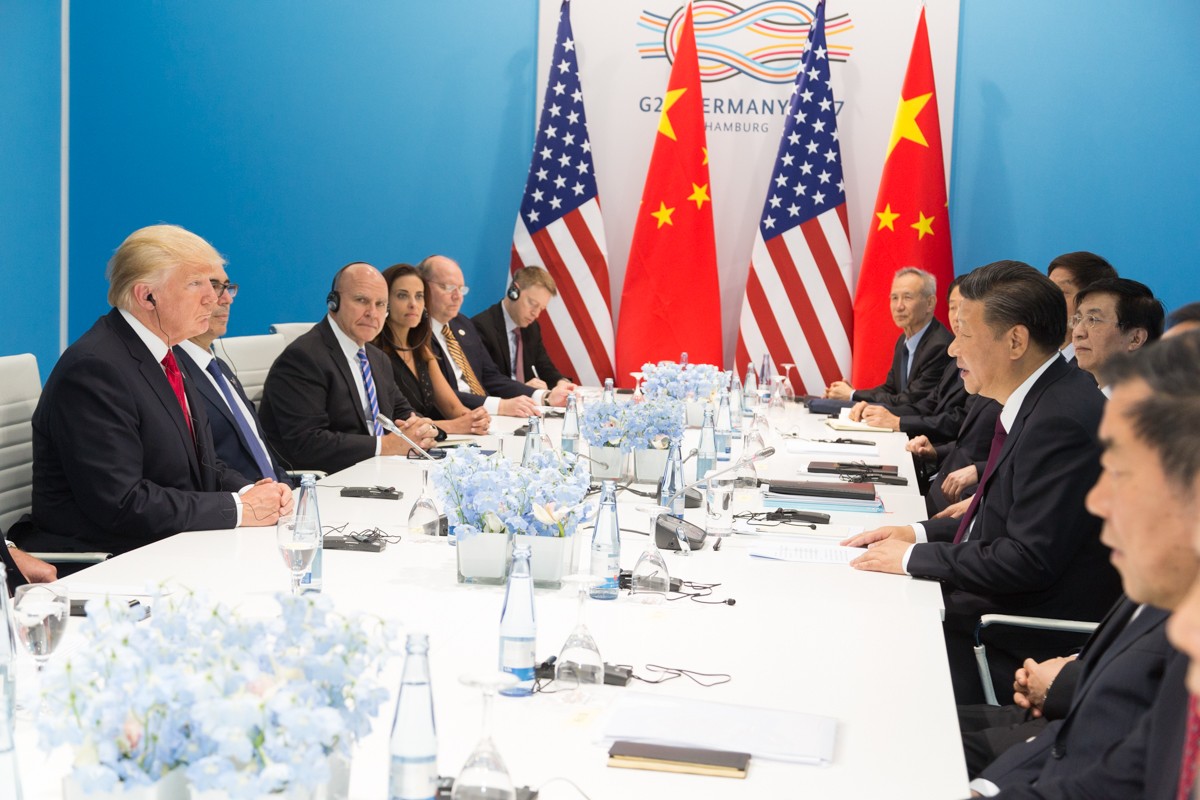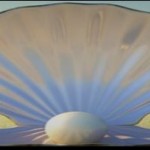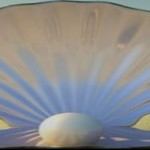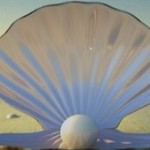Index
Filter by themes:
- (-) Remove Asia filter Asia
- Australia (26) Apply Australia filter
- Conflict & Violence (8) Apply Conflict & Violence filter
- Dialogue (10) Apply Dialogue filter
- Energy & Environment (1) Apply Energy & Environment filter
- Europe (3) Apply Europe filter
- Globalisation (3) Apply Globalisation filter
- Human Rights (4) Apply Human Rights filter
- International Law (1) Apply International Law filter
- International Relations (8) Apply International Relations filter
- Middle East (1) Apply Middle East filter
- Peace & Security (23) Apply Peace & Security filter
- Politics & Governance (13) Apply Politics & Governance filter
- Society, Culture & Religion (10) Apply Society, Culture & Religion filter
- Theoretical Perspectives (2) Apply Theoretical Perspectives filter
- United States (8) Apply United States filter
- World Economy (1) Apply World Economy filter


